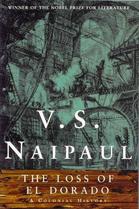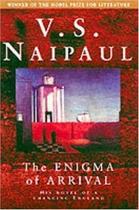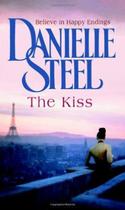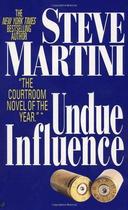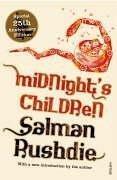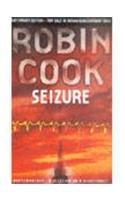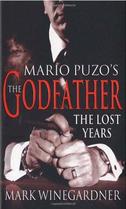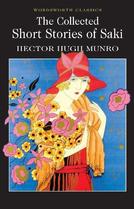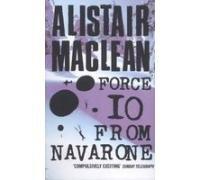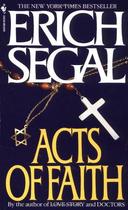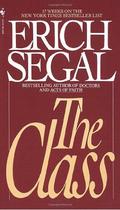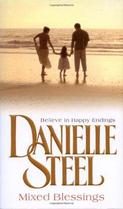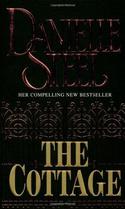 27.0%OFF
27.0%OFF

Download App
| >> | LShop | >> | Book | >> | Literature & Literar... | >> | Literature: History ... | >> | The Norton Anthology... |
 27.0%OFF
27.0%OFF
The Norton Anthology of English Literature, Eighth Edition, Volume 1: The Middle Ages Through the Restoration and theEighteenth Century
-
ISBN
:
9780393927139
-
Publisher
:
W. W. Norton & Company
-
Subject
:
Literature: History & Criticism, Anthologies (non-poetry), Fiction-related Items
-
Binding
:
HARDCOVER
-
Pages
:
3072
-
Year
:
2006
₹
4521.0
 27.0% OFF
27.0% OFF
₹
3300.0
Buy Now
Shipping charges are applicable for books below Rs. 101.0
View DetailsEstimated Shipping Time : 5-7 Business Days
View Details-
Description
Read by millions of students over seven editions,xA0;The Norton Anthology of English LiteraturexA0;remains the most trusted undergraduate survey of English literature available and one of the most successful college texts ever published.Firmly grounded by the hallmark strengths of all Norton Anthologiesx2014;thorough and helpful introductory matter, judicious annotation, complete texts wherever possiblex2014;The Norton Anthology of English Literature has been revitalized in this Eighth Edition through the collaboration between six new editors and six seasoned ones. Under the direction of Stephen Greenblatt, General Editor, the editors have reconsidered all aspects of the anthology to make it an even better teaching tool.
-
Author Biography
Stephen Greenblatt (Ph.D. Yale) is Cogan University Professor of the Humanities at Harvard University. Also General Editor of The Norton Shakespeare, he is the author of eleven books, including The Swerve: How the World Became Modern; Shakespearex2019;s Freedom; Will in the World: How Shakespeare Became Shakespeare; Hamlet in Purgatory; Practicing New Historicism; Marvelous Possessions: The Wonder of the New World; and Learning to Curse: Essays in Early Modern Culture. He has edited seven collections of criticism, including Cultural Mobility: A Manifesto, and is a founding coeditor of the journal Representations. His honors include the MLAx2019;s James Russell Lowell Prize for Shakespearean Negotiations: The Circulation of Social Energy in Renaissance England, the Distinguished Humanist Award from the Mellon Foundation, the Wilbur Cross Medal from the Yale University Graduate School, the William Shakespeare Award for Classical Theatre, the Erasmus Institute Prize, two Guggenheim Fellowships, and the Distinguished Teaching Award from the University of California, Berkeley. He was president of the Modern Language Association of America and is a fellow of the American Academy of Arts and Sciences, the American Philosophical Society, and the American Academy of Arts and Letters.M. H. Abrams (Ph.D. Harvard) is Class of 1916 Professor of English, Emeritus at Cornell University. He received the Phi Beta Kappa Christian Gauss Prize for The Mirror and the Lamp and the MLAx2019;s James Russell Lowell Prize for Natural Supernaturalism. He is also the author of The Milk of Paradise, A Glossary of Literary Terms, The Correspondent Breeze, and Doing Things with Texts. He is the recipient of Guggenheim, Ford Foundation, and Rockefeller Postwar fellowships, the Award in Humanistic Studies from the Academy of Arts and Sciences (1984), the Distinguished Scholar Award by the Keats-Shelley Society (1987), and the Award for Literature by the American Academy of Arts and Letters (1990). In 1999 The Mirror and the Lamp was ranked twenty-fifth among the Modern Libraryx2019;s "100 best nonfiction books written in English during the twentieth century."Alfred David (Ph.D. Harvard) is Professor of English Emeritus at Indiana University. He is the author of The Strumpet Muse: Art and Morals in Chaucerx2019;s Poetry, and editor of the "Romaunt of the Rose" in The Riverside Chaucer and, with George B. Pace, "Chaucerx2019;s Minor Poems I" in The Variorum Chaucer. He is the recipient of a Sheldon Travelling Fellowship and Guggenheim and Fulbright Research fellowships and past president of the New Chaucer Society.Barbara K. Lewalski (Ph.D. Chicago) is William R. Kenan Professor of English and of History and Literature at Harvard University. She is the recipient of the MLAx2019;s James Russell Lowell Prize for Protestant Poetics and the Seventeenth-Century Religious Lyric and the Explicator Prize for Donnex2019;s Anniversaries and the Poetry of Praise. Her other books include Paradise Lost and the Rhetoric of Literary Forms, Writing Women in Jacobean England, Milton: A Critical Biography, and The Polemics and Poems of Rachel Speght (editor). Lewalski is the recipient of Guggenheim and NEH Senior fellowships and is a fellow of the American Academy of Arts and Sciences and Honored Scholar of the Milton Society.Lawrence Lipking (Ph.D. Cornell) is Professor of English and Chester D. Tripp Professor of Humanities at Northwestern University. He received the Phi Beta Kappa Christian Gauss Prize for The Life of the Poet. He is alsothe author of The Ordering of the Arts in Eighteenth-Century England; Abandoned Women and Poetic Tradition; and Samuel Johnson: The Life of an Author and editor of High Romantic Argument. Lipking is the recipient of Guggenheim, ACLS, Newberry Library, Wilson International Center for Scholars, and NEH Senior fellowships and is a fellow of the American Academy of Arts and Sciences.George M. Logan (Ph.D. Harvard) is a Senior Fellow of Massey College in the University of Toronto and the James Cappon Professor of English Emeritus at Queenx2019;s University, Canada, where he was head of the English Department for nine years and an award-winning teacher. He is the author of The Meaning of Morex2019;s Utopia and principal editor of the Cambridge edition of Utopia (Latin and English), editor of the Norton Critical Edition of Utopia (3rd edition), Morex2019;s History of King Richard the Third, and The Cambridge Companion to Thomas More, and coeditor, with Gordon Teskey, of Unfolded Tales: Essays on Renaissance Romance; he has also written a history of the Indiana University School of Music.Katharine Eisaman Maus (Ph.D. Johns Hopkins) is James Branch Cabell Professor of English at the University of Virginia. She received the 1996 Roland Bainton Book Prize for Inwardness and Theater in the English Renaissance. She is also the author of Ben Jonson and the Roman Frame of Mind; editor of a volume of Renaissance tragedies; and coeditor of English Renaissance Drama: A Norton Anthology, The Norton Shakespeare, and a collection of criticism on seventeenth-century English poetry. She is a recipient of Guggenheim, NEH, and ACLS fellowships.James Noggle (Ph.D. UC Berkeley) is Professor of English at Wellesley College. He is author of The Skeptical Sublime: Aesthetic Ideology in Pope and the Tory Satirists; his second book, The Temporality of Taste in Eighteenth-Century British Writing, is forthcoming from Oxford. He is the recipient of fellowships from the American Council of Learned Societies and the American Philosophical Society.James Simpson (Ph.D. Cambridge) is Douglas P. and Katherine B. Loker Professor of English at Harvard University and former Chair of Medieval and Renaissance English at the University of Cambridge. An Honorary Fellow of the Australian Academy of the Humanities, he is the author of Piers Plowman: An Introduction to the B-Text (1990); Sciences and the Self in Medieval Poetry (1995); Reform and Cultural Revolution, 1350x2013;1547; Volume 2 of The Oxford English Literary History (2002); Burning to Read: English Fundamentalism and Its Reformation Opponents (2007); and Under the Hammer: Iconoclasm in the Anglo-American Tradition (2010).
Related Items
-
of







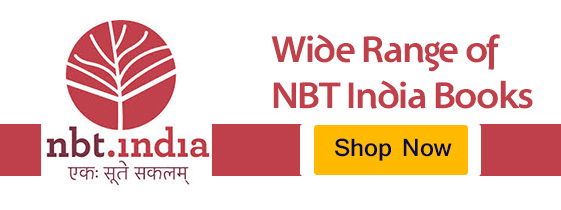




 3300.0
3300.0





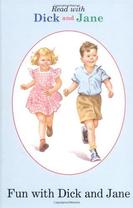
 230.0
230.0

